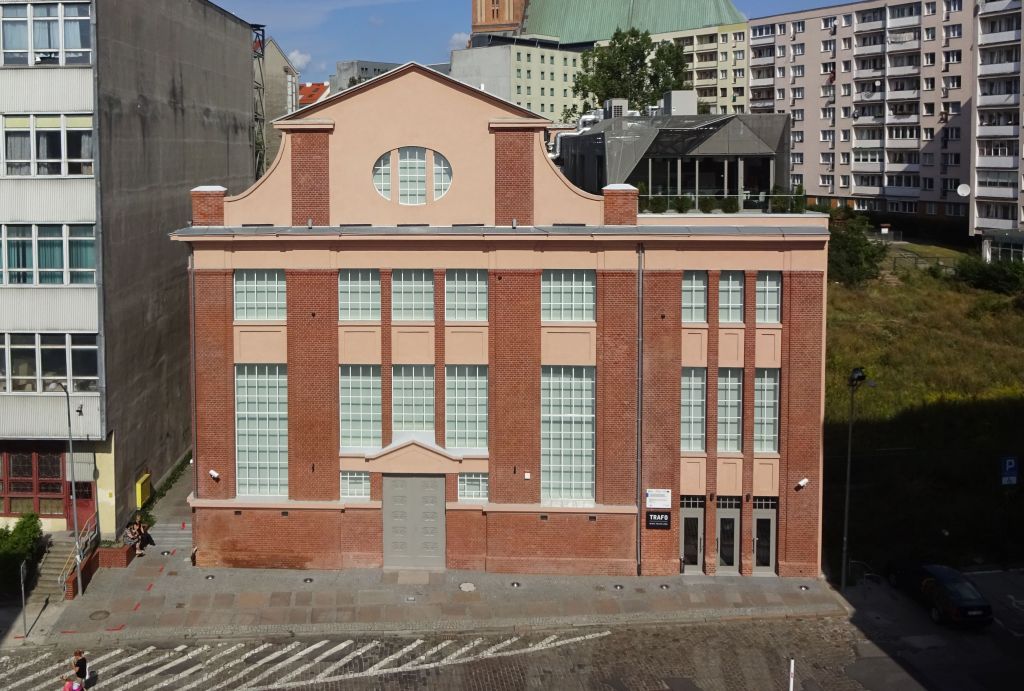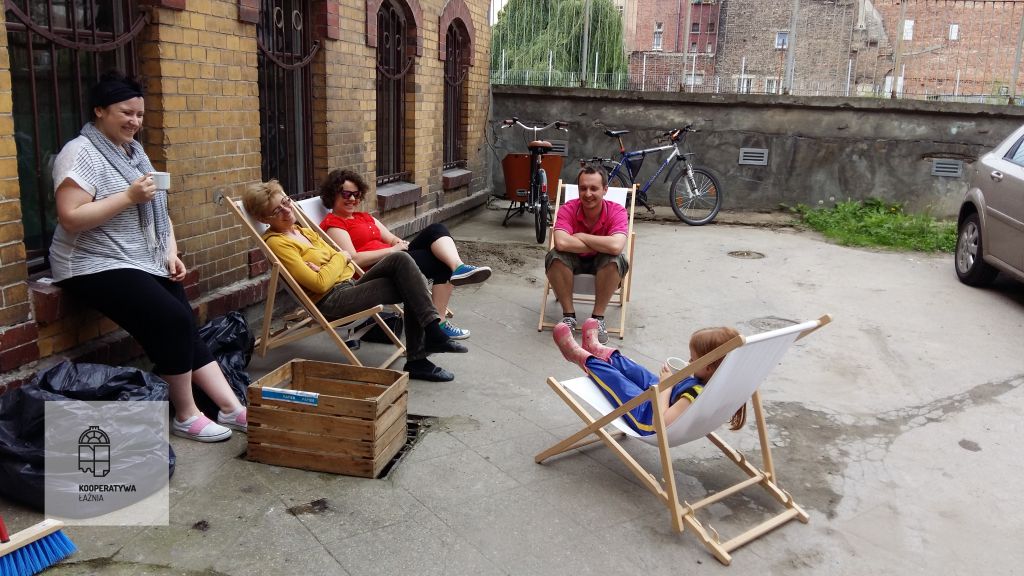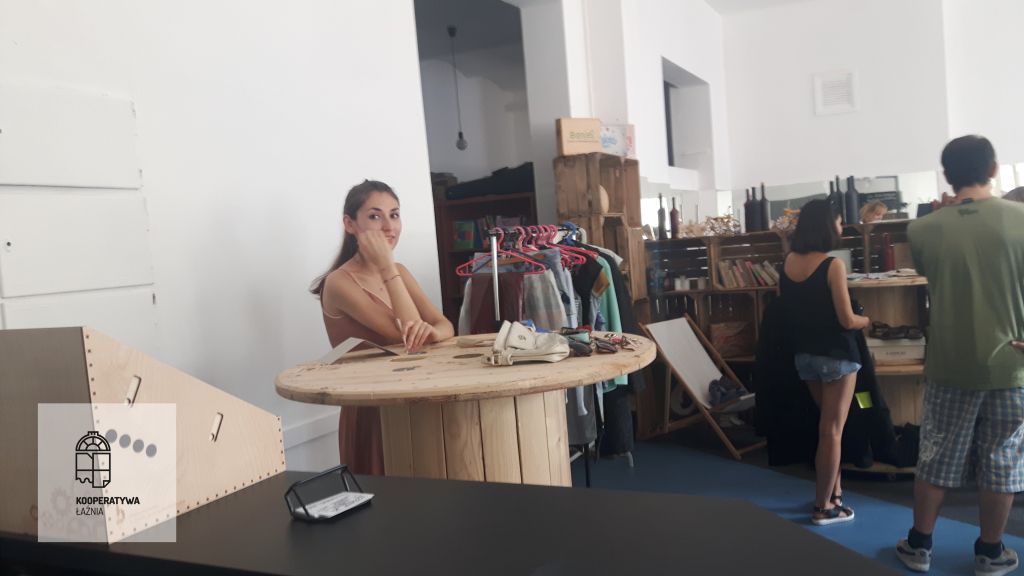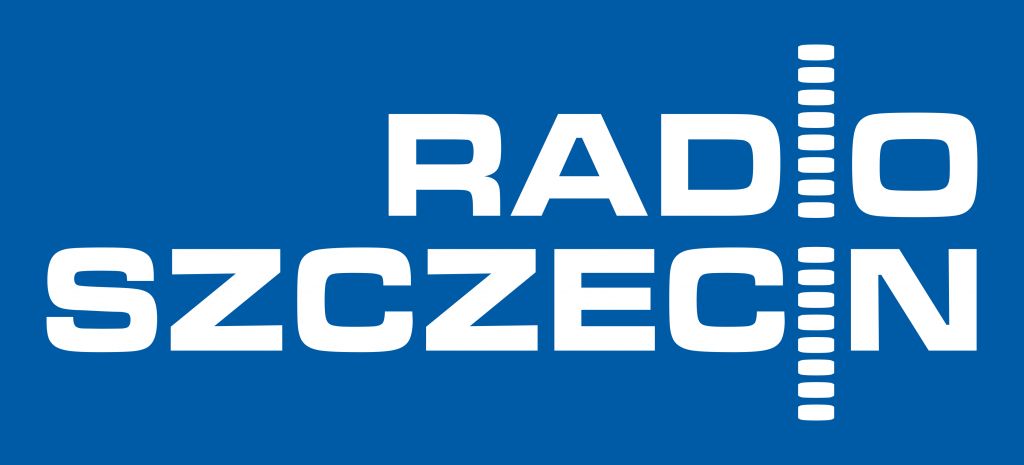SEFF venues
SEFF Festival office
Koński Kierat 14-15
Kooperatywa Łaźnia is a social space that functions for you and owing to your support. We run thanks to contributions and donations, we will therefore be grateful if you support this place. Give as much as you think it is worth. With your help we can continue to create this unique space and atmosphere, organise unique meetings and workshops, and offer delicious coffee and tea.
ul. Korsarzy 34
The “Castle” cinema has been running at the Pomeranian Dukes' Castle in Szczecin since 1963. It is one of the smallest cinemas in Poland and belongs to the Network of Art-House and Local Cinemas. Promotes ambitious Polish and European cinema. In 2013 the cinema underwent modernisation and was digitised, enabling DCI film projections, including 3D technology. The interior design, the location of the Pomeranian Dukes' Castle, as well as the small 50-seat screening room add up to create an intimate and unique atmosphere.
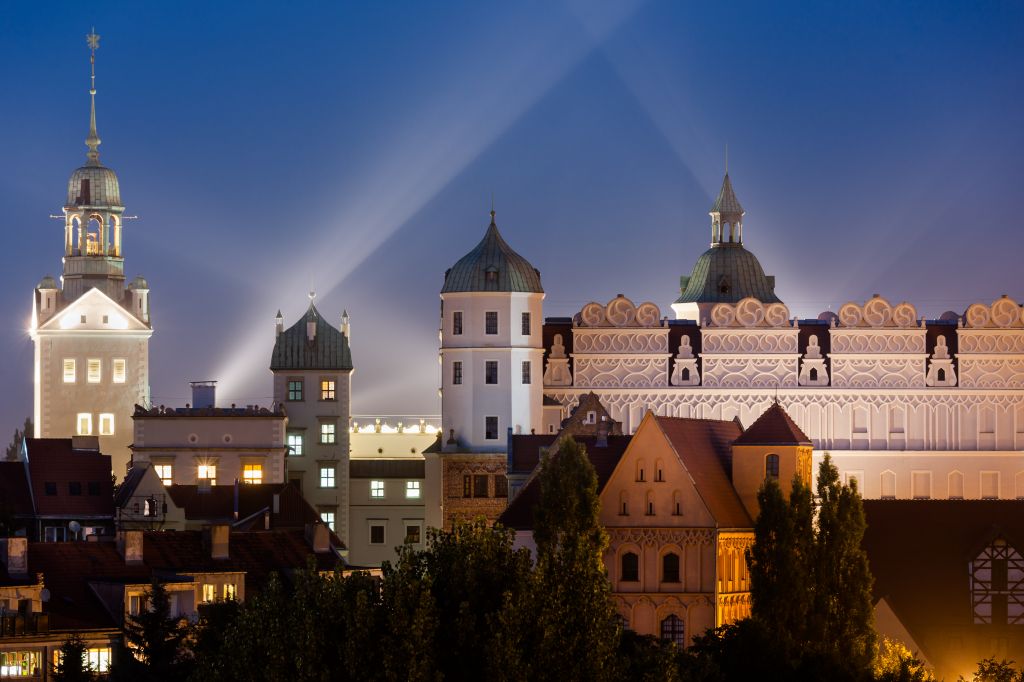

pl. Żołnierza Polskiego 2
The 13 Muz Community Centre (Dom Kultury 13 Muz) is a municipal cultural institution whose actions focus on recognising, stimulating, and satisfying the cultural needs and aspirations of Szczecin's inhabitants, as well as on the development, promotion, and popularisation of all forms associated with culture and art. We cooperate with many important cultural entities, which enables us to guarantee a broad choice of events, workshops, and various forms of activity, which we undertake every day to awaken the interest of the recipients, artists, and authors.
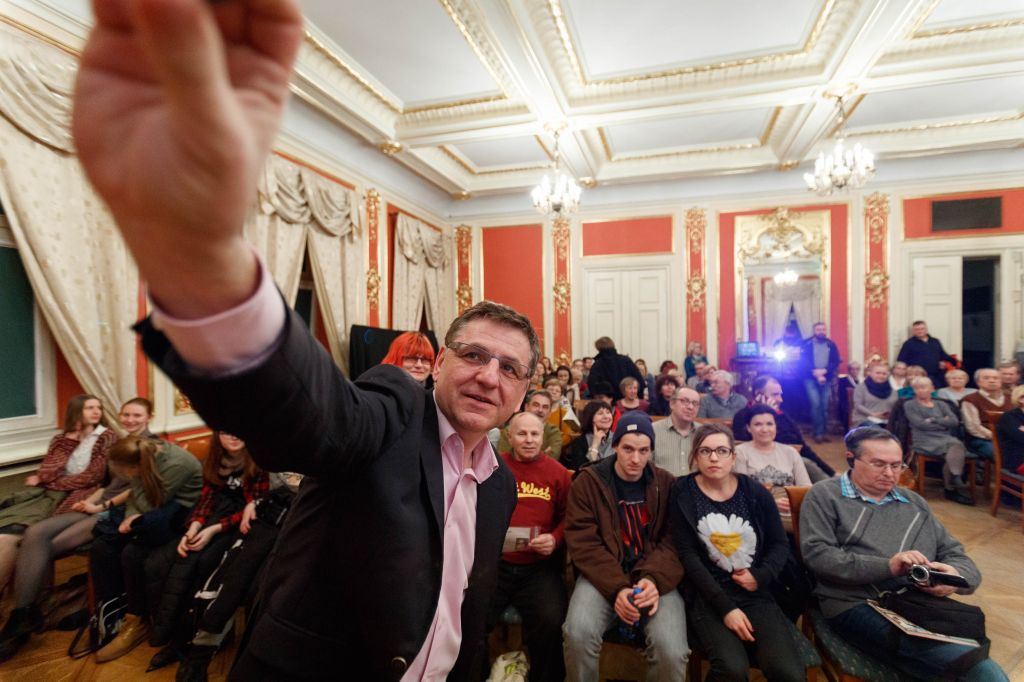
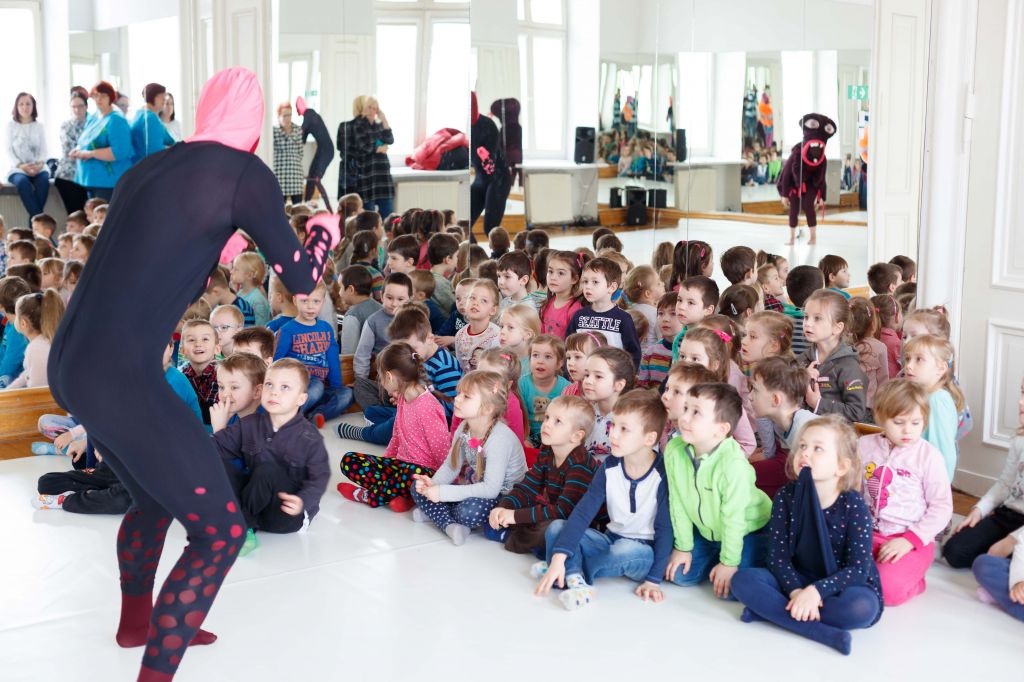
pl. Żołnierza Polskiego 2
The TWORZĘ SIĘ Gallery is the only place in the West Pomeranian region which prepares exhibitions presented in the form of creative spaces open to families and organised groups on a regular basis. In the gallery, children learn through activities. Here, the need to have fun comes first. It is, however, a more directed form of fun, set on becoming familiar with a given art form, guided by qualified animators. The form of the undertakings is based on interaction with the participants. The place is run by two entities – the 13 Muz Community Centre and the Las Sztuki Foundation.
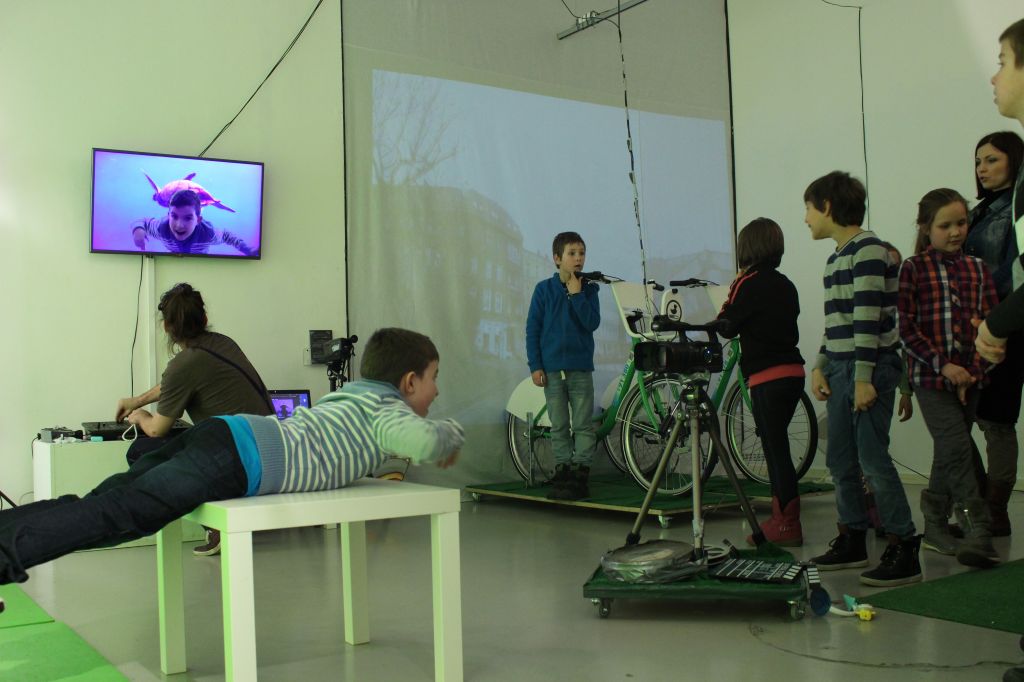
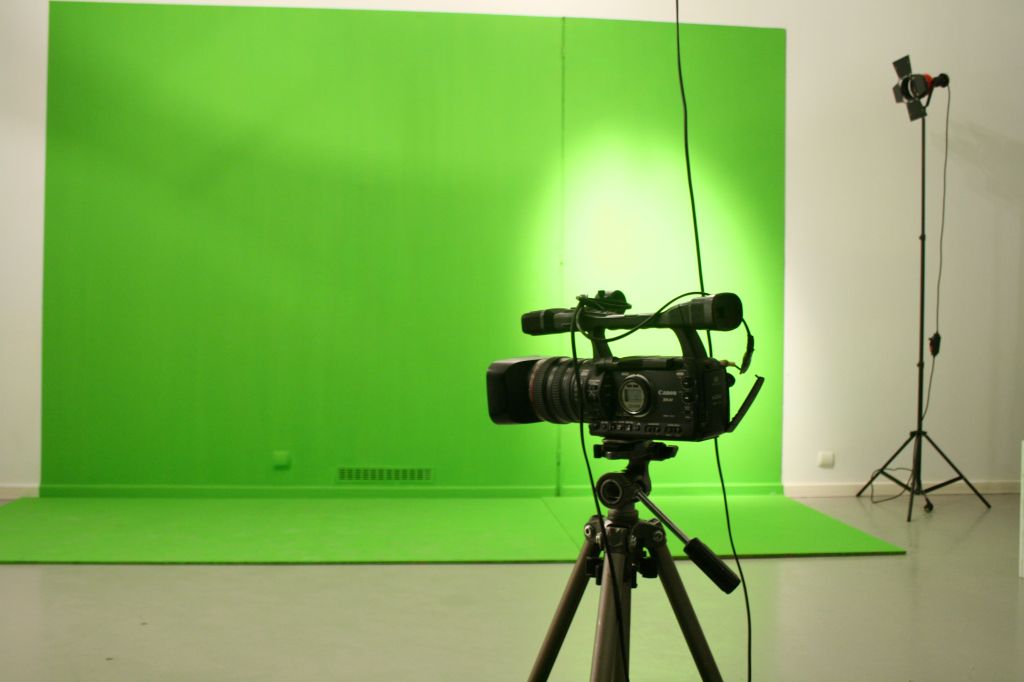
al. Jana Pawła II 3-4
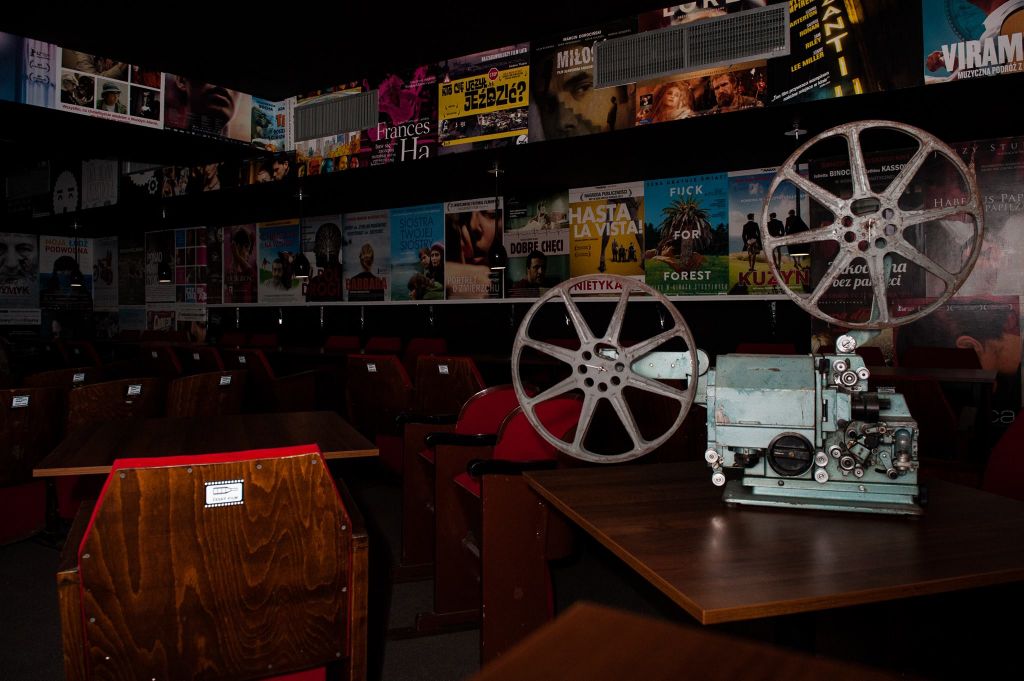
al. Wojska Polskiego 73 (entrance from Niedziałkowskiego Streat)
Radio Szczecin is a modern regional station whose range spans throughout nearly the entire West Pomeranian Voivodeship. Its program is universal in its character, and is addressed to those who wish to know about the events taking place in, as well as the cultural and economic life of: Szczecin, Świnoujście, Stargard, Kołobrzeg, and other locations in the region. The ratings of Radio Szczecin show that it is the first choice of listeners in this part of the country, dominating national radio stations both public and commercial. There are about 182 thousand people listening to it every day.
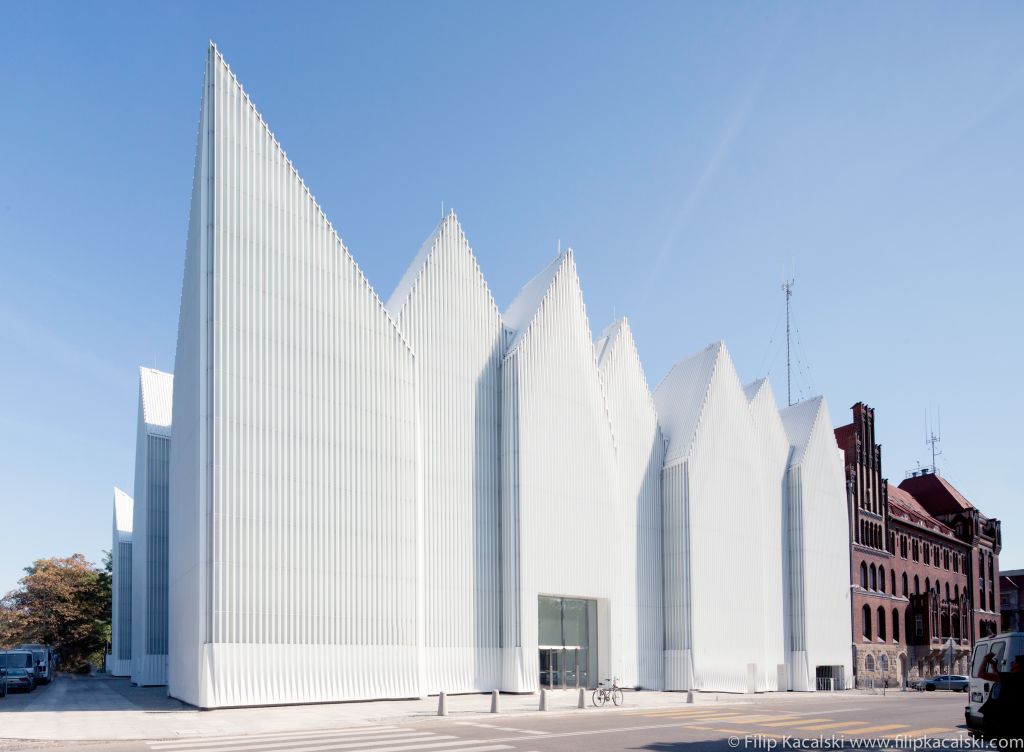
The Academy of Art in Szczecin
Plac Orła Białego 2
The Academy of Art in Szczecin is a public art university, which offers education in the following faculties: interior design, musical education, instrumental studies, graphics, painting, vocal performance, and design. Its students are awarded at international festivals. Each year the Academy organises around 300 open events: concerts, exhibitions, film screenings, lectures, and workshops, making sure that the works created by its students reach the broadest audience possible.
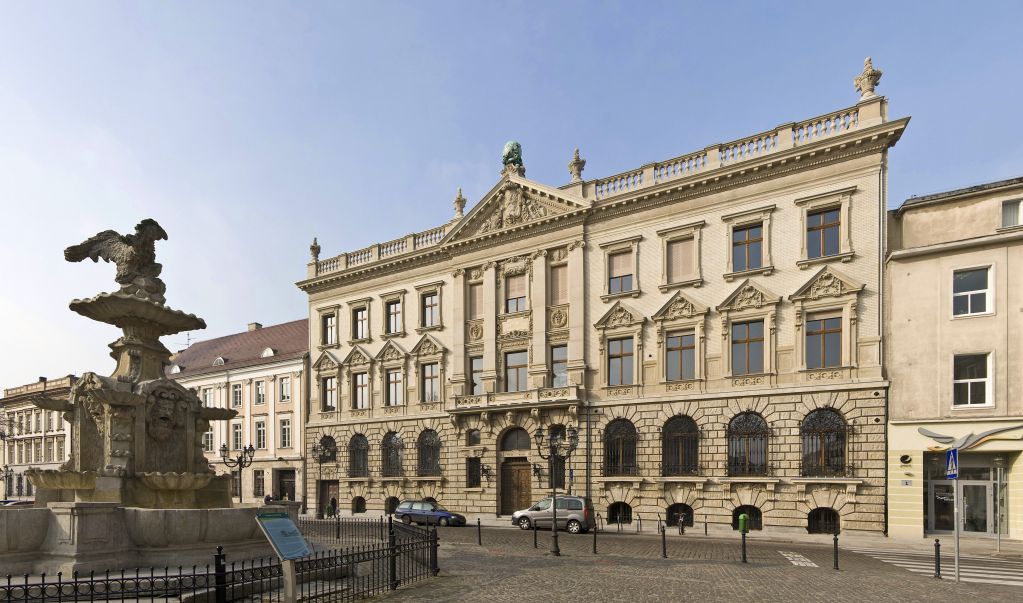
al. Niepodległości 36
al. Wyzwolenia 18/20
The Mobile Institute of Culture
The Mobile Institute of Culture is a black, multifunctional container that traverses Europe in order to present as well as seek culture and creativity. MIK can be a stage, a gallery, a cinema, a theatre, and a perfect space for meetings and workshops. It hosts various projects in spaces of huge, big, small, and even smaller cities. As part of Szczecin European Film Festival MIK will change into a DJ stage. That's where the Yellow Party will take place.
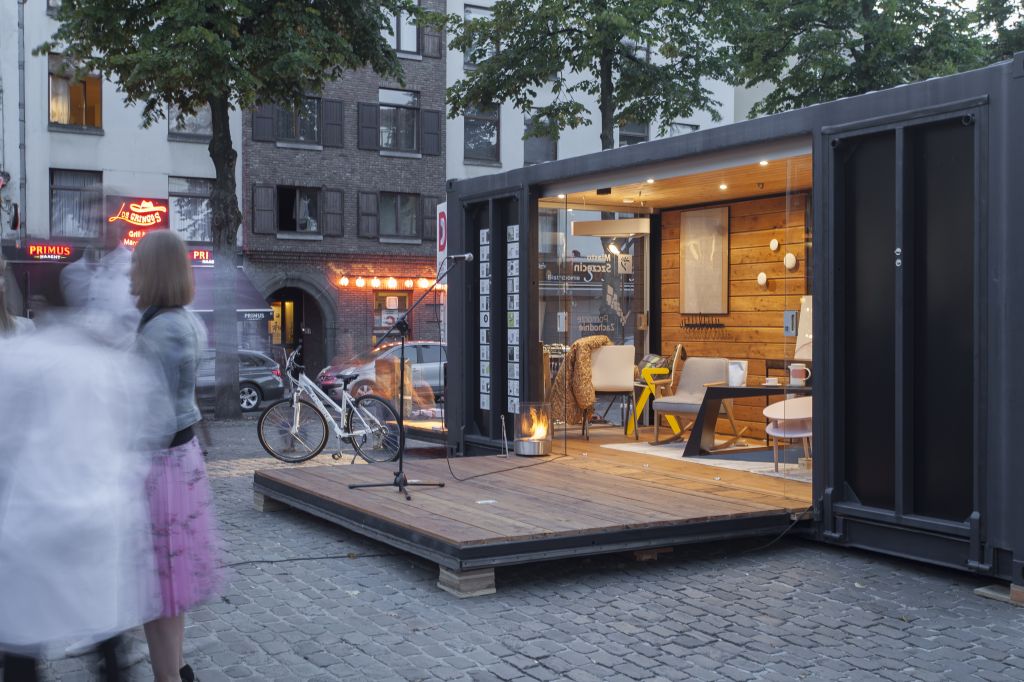
The National Museum in Szczecin — The Dialogue Centre Upheavals
pl. Solidarności 1
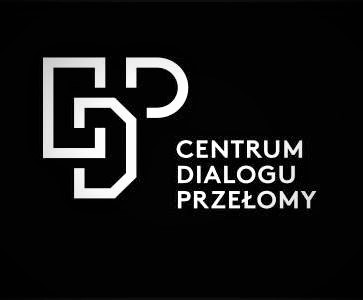
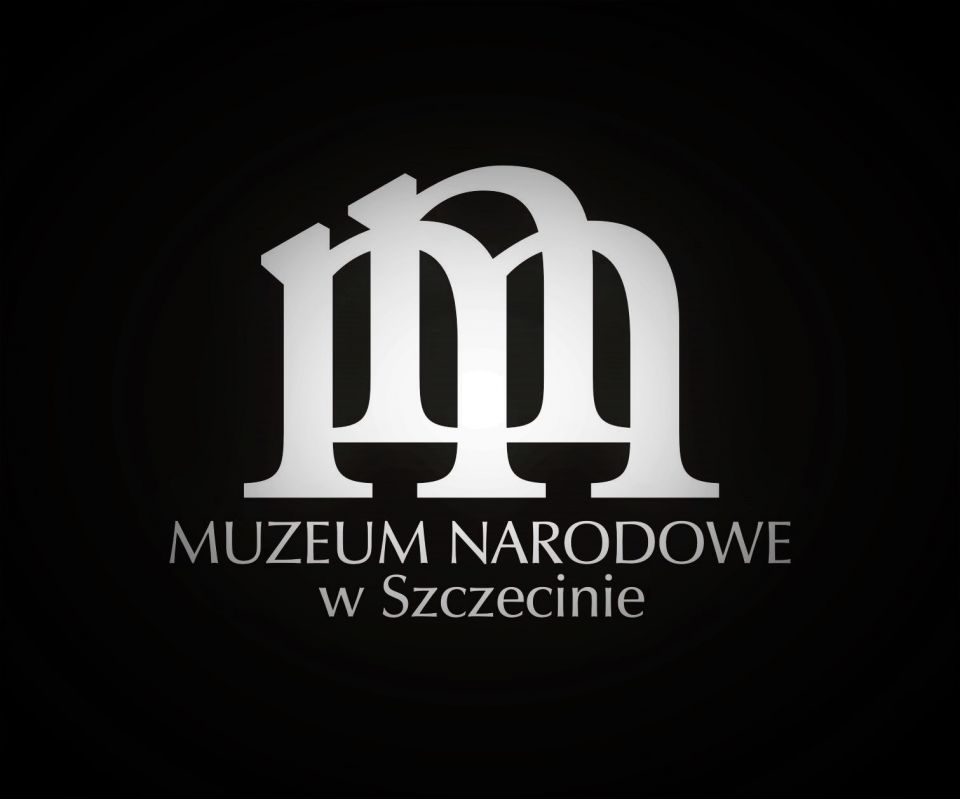
The Dialogue Centre Upheavals is a branch of the National Museum in Szczecin. The centre’s interior is an exhibition space, namely 19 thematically separate spaces that tell the difficult and turning-point history of the city and region during the 1939-1989 period against a background of national and European events. An important part of the presented exhibition are the interwoven pieces of art created for this very purpose. The person behind the Centre’s idea, and simultaneously its exhibition curator, is Agnieszka Kuchcińska-Kurcz.
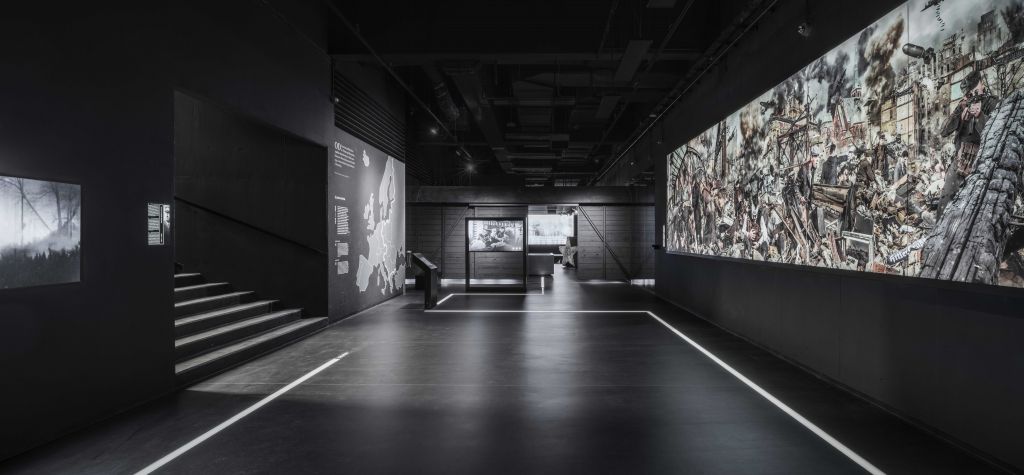
Youth Sociotherapy Centre in Ryszewko
Ryszewko 44
It’s a private, twenty-four-hour education and care facility, founded in 2014 in West-Pomeranian voivodeship, Pyrzyce municipality. The Centre consists of a boarding house and a school: currently 3rd grade of junior high school and 7th and 8th grade of primary school. The Centre organizes numerous guidance and counselling activities, such as sociotherapy, art therapy and Aggression Replacement Training. There are also various special-interest clubs: sports, theatre, gardening and culinary.
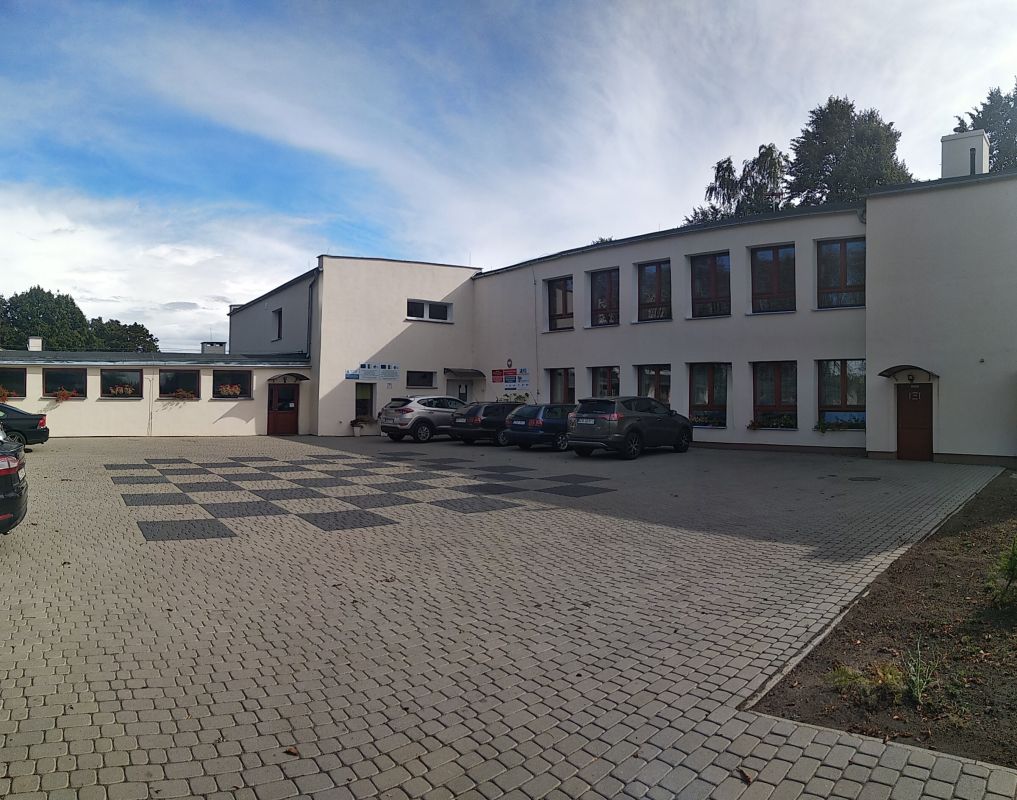
The Kana Theatrical Centre
pl. św. św. Piotra i Pawła 4/5
An independent centre established by Zygmunt Duczyński, carrying out various artistic, cultural, educational, and research activities. Annually it organises around 130 cultural events directed to inhabitants of Szczecin and the region, as well as builds an international network of cooperation between European art centers. The Kana Thatrical Centre is also one of the organisers of the All-Polish Review of Small Theatre Forms KONTRAPUNKT in Szczecin, as well as other cultural events important for the city.
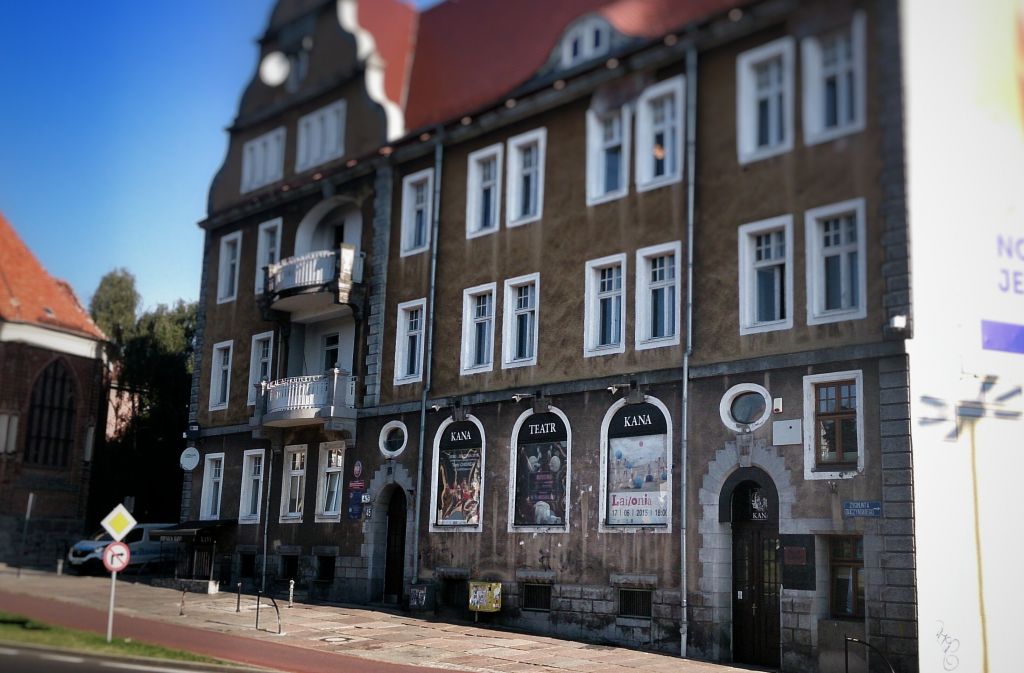
Kana’s Cellar
pl. św. św. Piotra i Pawła 4/5
Kana’s Cellar is a space for creative events, which changes its character depending on what goes on inside. It can be a place of musical or theatre rehearsals, of workshop meetings and discussion clubs, of social projects, it can become a cinema, gallery, concert and dancing place, a festival club and, most importantly, a place of spontaneous artistic actions and an incubator of creativity.
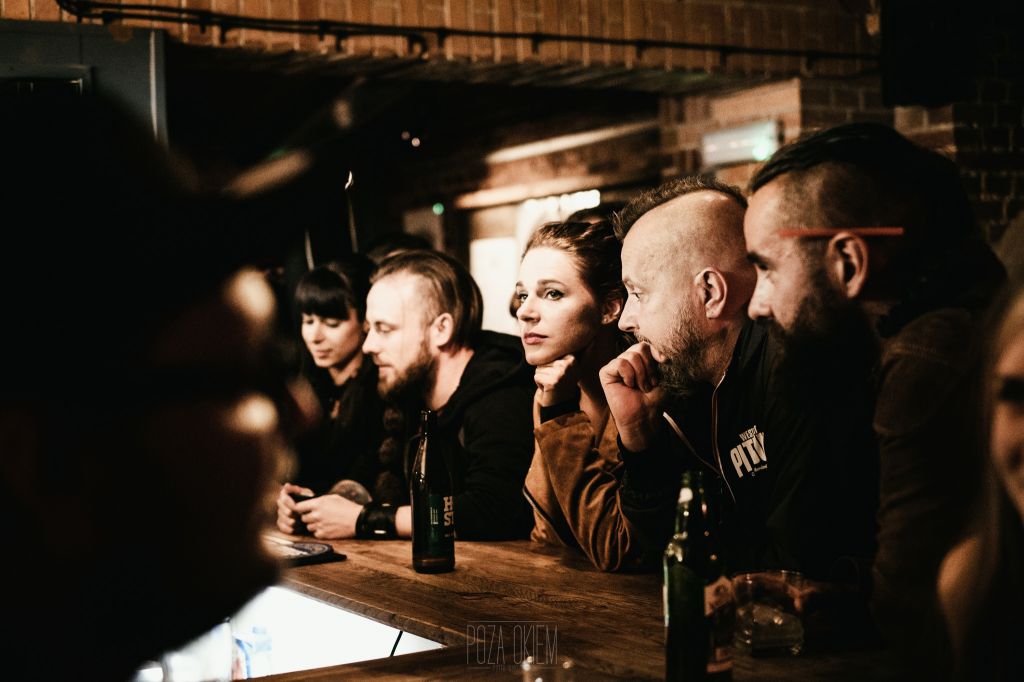
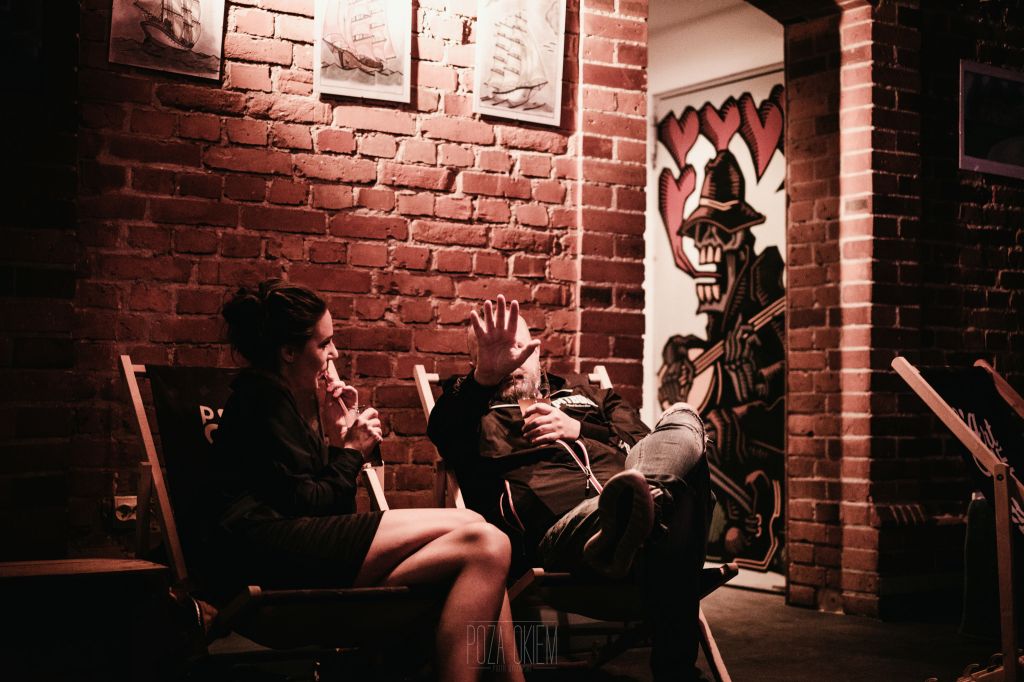
TRAFO
ul. Świętego Ducha 4
Located in Szczecin, the Polish capital of the German-Polish border region Pomerania, the former transformer station was itself a witness of the changing of Szczecin’s national identity as the borders of northern European politics shifted. As a public cultural institution that is committed to showing contemporary art, TRAFO is a modern witness of interaction between identity and transformation at all relevant social and cultural levels.
TRAFO sees itself as an experimental space for contemporary artists.
